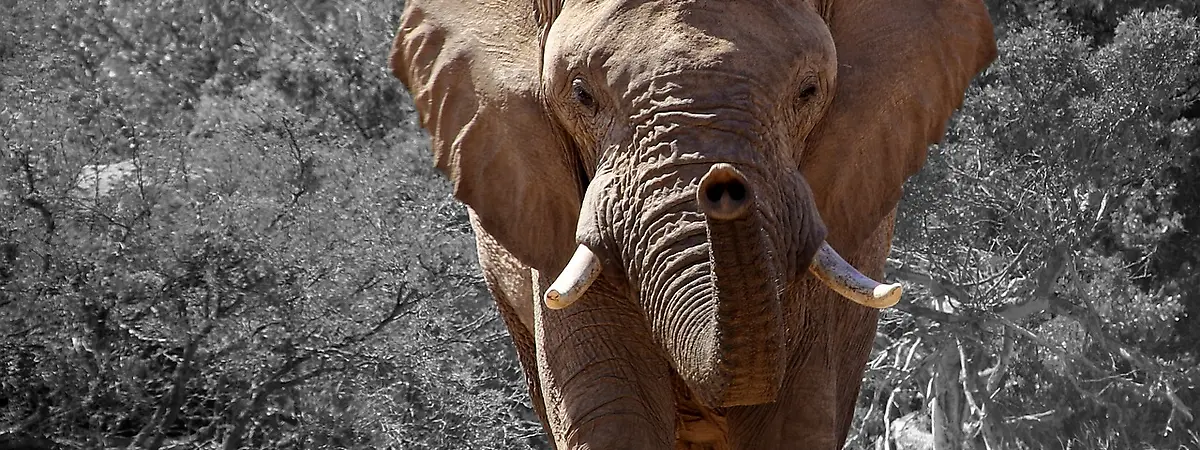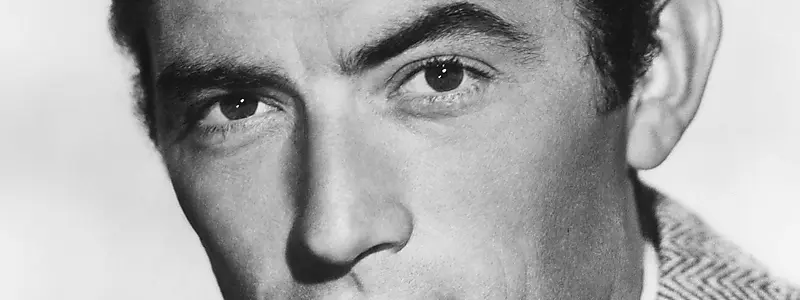The thought of writing a novel can feel a bit like the old saying about the right way to eat an elephant. It’s a journey of a thousand miles — or a million words — that begins with a single step. Here’s what these two tasks have in common — more than you might think.
Start small and take it slow
If you wouldn’t sit down to eat an elephant all in one sitting — you shouldn’t try to write your novel in a day. Both demand patience, persistence and a willingness to begin small. Start small, with an outline or a one-scene idea, just like taking a small bite. Give yourself time to appreciate each step along the way.
All chapters (and scenes) in Word Weaver Pro are considered separate elements. You can sit down, focus, work on something, and not have to scroll through everything in the project.
Plan your approach
For many writers, the hardest part is opening a Word document and staring at that blank page. Start small. Compose in segments, then edit them into coherence. You need a plan for eating an elephant and writing a novel. For the latter, it can be figuring out the plot of your story, who your characters are, and your worldbuilding. Similar to carefully selecting which part to eat first, you need to assess the best way to serve your story. You don’t need an entire outline to begin. If you feel inspired about a certain scene… just write it!
Word Weaver Pro allows you to create from the bottom up, or from the top down. Make note of it while motivated or else you’ll likely forget that neat thing you thought of doing. It happens to everyone. This is the reason note creation function stays at the top of the home page on mobile. I use it for every great idea I think of.
Stay committed
One does not simply sit down to eat an elephant, and one does not simply pick up a pen to write a novel. There will be days when you second guess your decision or are overwhelmed. We continued and pushed on. Remembered why we started Your dedication is what will allow you to carry on until the end.
In both cases, persistence is important. It will get difficult when you feel that the effort is unto hopelessly. Always remember that with persistence and steady pace you will arrive to the end of your goal, be it writing a novel or eating an elephant. If you have committed to writing daily, write something every day. It’s fine to write something lousy, as long as you get into the habit of writing. Promise yourself to write on those days, not a word count. You will have days when you feel more apt to complete your chores. At other times, some progress is better than none. Just make sure that you always write something in the days you are committed to. Word Weaver Pro is also solid on a mobile device. Open up your phone and write a new scene or some description of a character.
Each chapter, each scene, even each carefully crafted sentence is a small victory of novel writing. Treat these little milestones the same way you would each little part of your elephant feast. Celebrations like these keep you pumped and show you how far you’ve come.
Seek support when needed
You can’t eat an elephant by yourself, and you can’t write a novel by yourself either. Feel free to ask for feedback, participate in a writer’s group, or talk with an advisor. Tan Tan: But you need help, the external perspectives can be very valuable, they can help you, they can support you, they can make you continue on.
Savor the journey
Lastly, enjoy the journey. Writing a novel (and like eating an elephant) — it is not just about the goal. It’s about what happens along the way, the lessons we learn, and the person we become.
So, while the concept of beginning a whole new novel seems like a mammoth one [get it?], take one small step at a time.










